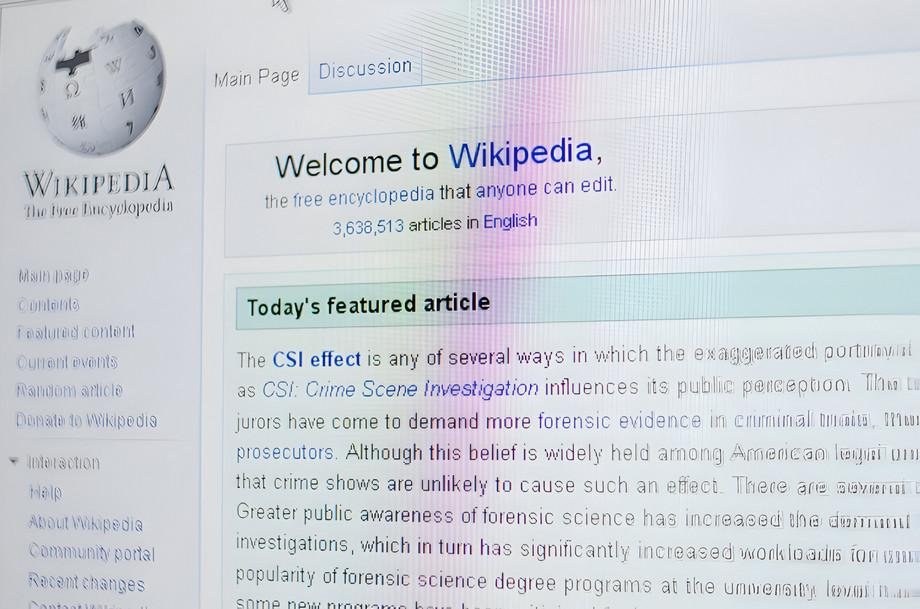Project Details
The negotiation of knowledge on Wikipedia (interdisciplinary)

Digitalization and the rapid development of the Internet changed the process of knowledge generation. In this project, a team led by Professor Hannah Schmid-Petri conducts research on negotiation processes and conflicts regarding Wikipedia entries.
The process of knowledge generation and diffusion has fundamentally changed due to digitalization and especially due to the rapid development of the Internet: Traditional mass media as well as scientists and scientific institutions have lost their monopoly as gatekeepers, instead everyone can claim to be an expert in a certain field and easily disseminate his/her knowledge. One successful example of such a collaborative knowledge production online is Wikipedia. Since it is designed as a free and open online-encyclopedia the presented knowledge on Wikipedia is socially constructed - a result of a high number of microinteractions between a certain group of anonymous or registered editors. Even though real edit wars occur only rarely, these deliberation and negotiation processes are often accompanied by conflicts in which finally one opinion persists. Thus, the question arises who or which group of actors is capable to win these discussions and who thereby decides which knowledge gets preserved or suppressed in contemporary societies and hence acts as a "modern" gatekeeper? The aim of the proposed project is to get a deeper understanding of these power dynamics on Wikipedia. Theoretically we base our study on argumentative discourse analysis in combination with work regarding collaborative networks in science (e.g. invisible colleges) and online coalitions.
| Principal Investigator(s) at the University | Prof. Dr. Hannah Schmid-Petri (Lehrstuhl für Wissenschaftskommunikation) |
|---|---|
| Project period | 01.01.2018 |

